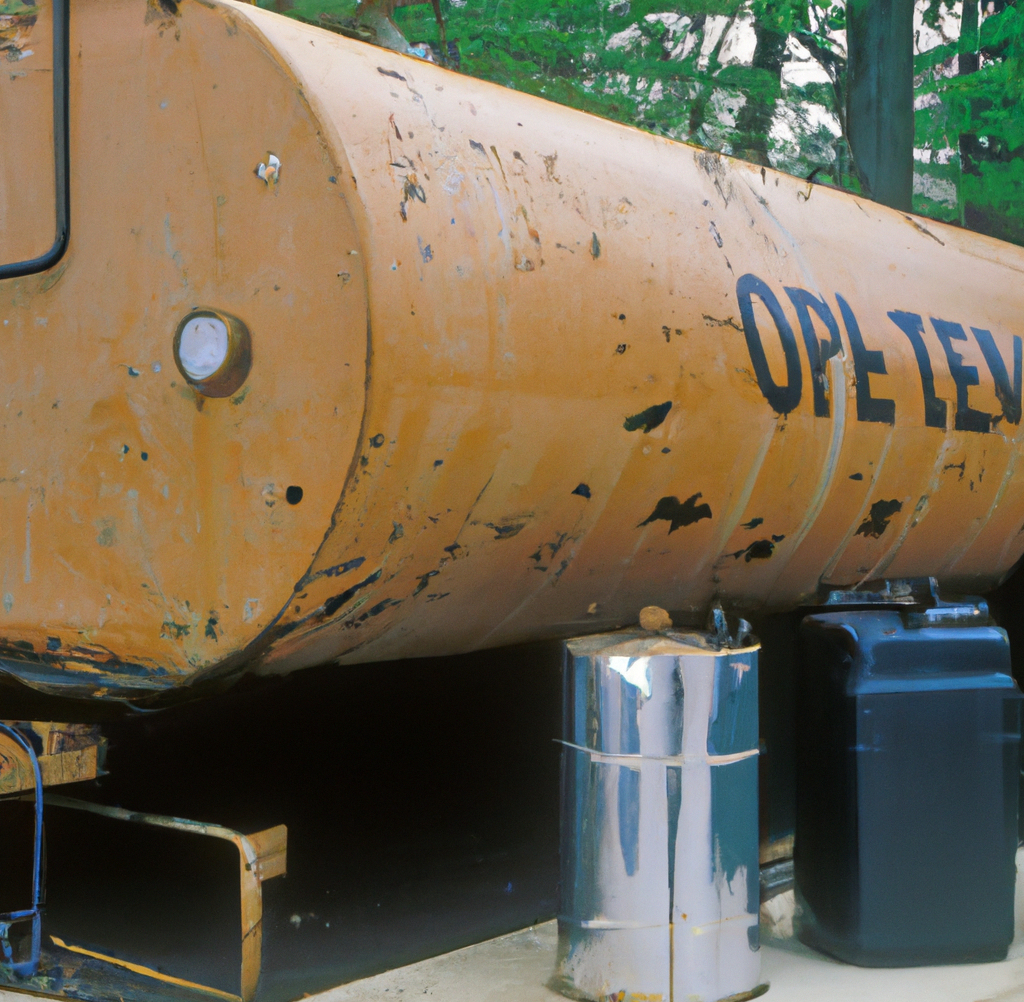Oil Tank Removal, Abandonments & Installations for Long Island NY, Hudson Valley NY, CT and NJ
Oil tanks are a common feature of many homes in Long Island NY, Hudson Valley NY, CT and NJ. However, as oil tanks age, they can become damaged and leak, posing a risk to the environment and human health. If you have an oil tank that is more than 20 years old, it is important to consider having it removed or replaced.
Underground oil tank removal is a complex process that should be performed by a qualified professional. The first step is to empty the oil tank of any remaining oil. Once the tank is empty, it is carefully removed from the ground. The soil around the tank is also removed and tested for contamination. If the soil is contaminated, it must be remediated.
Underground Oil tank abandonment
If you are not planning on using your oil tank in the future, you may want to consider abandoning it. Oil tank abandonment is a process that involves permanently disabling the tank so that it cannot be used to store oil in the future.
To abandon an oil tank, the tank must be filled with a material such as sand or gravel. The tank is then sealed and covered with soil. It is important to note that abandoned oil tanks must be properly documented and monitored.
Oil tank installation
If you are installing a new oil tank, it is important to choose the right tank for your needs and to have it installed by a qualified professional. There are a number of different types of aboveground oil tanks available.
Aboveground tanks are typically easier to install and maintain than underground tanks.
When to have your oil tank removed or abandoned
There are a number of reasons why you may want to have your oil tank removed or abandoned. Some of the most common reasons include:
- Age: Oil tanks have a lifespan of around 20 years. After 20 years, oil tanks are more likely to leak.
- Damage: Oil tanks can be damaged by a variety of factors, including corrosion, ground movement, and impact. If your oil tank is damaged, it is important to have it replaced immediately.
- Change in heating system: If you are switching to a different heating system, such as natural gas or propane, you will no longer need your oil tank. In this case, you may want to have your oil tank removed or abandoned.
Benefits of having your oil tank removed or abandoned
There are a number of benefits to having your oil tank removed or abandoned. Some of the most common benefits include:
- Reduced risk of leaks: Oil tank leaks can pollute the environment and human health. By having your oil tank removed or abandoned, you can eliminate the risk of a leak.
- Increased property value: An oil tank can be a liability. If you are planning on selling your home, having your oil tank removed or abandoned can increase the property value.
- Peace of mind: Knowing that your oil tank is no longer a risk can give you peace of mind.
How to choose an oil tank removal or abandonment company
When choosing an oil tank removal or abandonment company, it is important to consider the following factors:
- License and insurance: The Company should be licensed and insured to perform oil tank removal and abandonment services.
- Experience: The Company should have experience removing and abandoning oil tanks.
- Reputation: The Company should have a good reputation. You can check online reviews or ask friends and family for recommendations.
Cost of oil tank removal or abandonment
The cost of oil tank removal or abandonment will vary depending on the size and type of oil tank, the location of the tank, and the complexity of the job.
Conclusion
If you have an oil tank that is more than 20 years old, it is important to consider having it removed or abandoned. Oil tank removal and abandonment is a complex process that should be performed by a qualified professional.
There are a number of benefits to having your oil tank removed or abandoned, including reduced risk of leaks, increased property value, and peace of mind. When choosing an oil tank removal or abandonment company, it is important to consider the company’s license and insurance, experience, and reputation.

